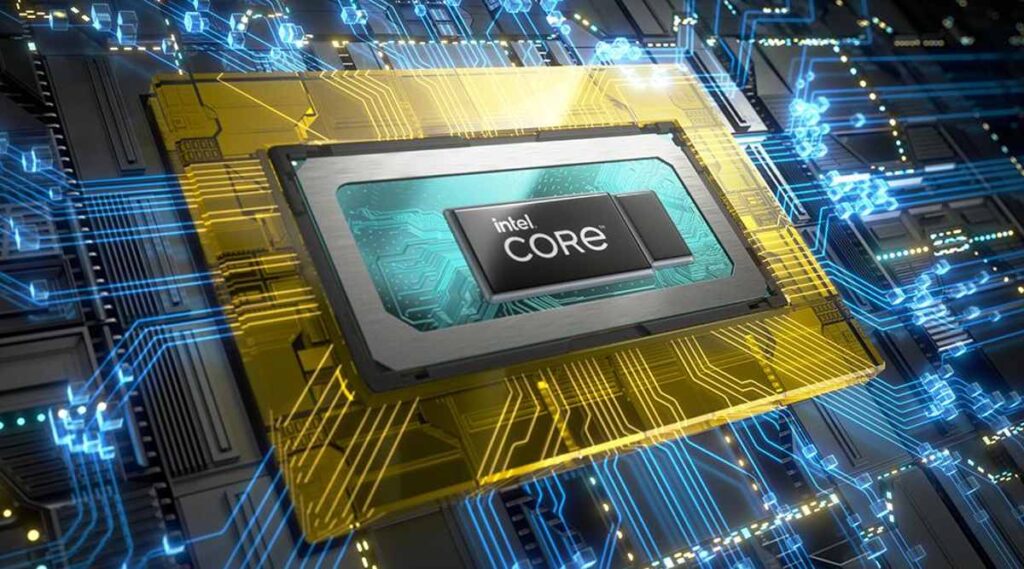Intel Corp announced the launch of an energy-efficient super-fast processing chip for blockchain applications on Friday. Intel’s “blockchain accelerator,” which is said to be 1000 times faster than its closest competitors, will be available to customers later this year.
In a new online note announcing the effort, Intel claims that its new chip will attempt to address growing concerns about the enormous energy required to maintain cryptocurrency mining processes. The chip is described as an energy-efficient “blockchain accelerator” that has been designed to accelerate blockchain tasks while using far less energy than current technologies.
“Our customers want scalable and sustainable solutions, so we’re focusing our efforts on realizing the full potential of blockchain by developing the most energy-efficient computing technologies at scale,” writes Raja M. Koduri, senior vice president and general manager of Intel Corporation’s Accelerated Computing Systems and Graphics (AXG) Group.
Source: www.indiatoday.in
He mentions that the architecture of the new chip is implemented “on a tiny piece of silicon.” This is intended to have a minimal impact on the supply of current products, as the world is experiencing a severe shortage of chipsets.
The first round of buyers for Intel’s upcoming blockchain accelerators has already been identified. The note mentions that the Jack Dorsey-led Block Inc, which recently changed its name from Square Inc to emphasize its focus on the blockchain, and Bitcoin mining company GRIID Infrastructures will be the first buyers of the Intel chip.

In terms of performance, Intel claims that its blockchain chip will outperform mainstream GPUs for SHA-256 mining by 1000 times. At the International Solid-State Circuit Conference (ISSCC) later this month, Intel will reveal more information about its blockchain accelerator.
In addition, Intel has established a new Custom Compute Group within its AXG business unit to support the upcoming blockchain accelerator and other emerging technologies. The new team will concentrate on developing custom silicon platforms that are optimized for the workloads of customers. These could be used to address use-cases such as “blockchain and other custom accelerated supercomputing opportunities at the edge.” Intel also claims that it will try to leverage technologies from its zetta-scale computing initiative in the future to deliver energy-efficient solutions.
About Intel
Intel Corporation is a multinational technology corporation headquartered in Santa Clara, California. It is the world’s largest semiconductor chip manufacturer in terms of revenue, and it created the x86 series of microprocessors, which are found in the majority of personal computers (PCs). Intel, based in Delaware, was ranked No. 45 on the 2020 Fortune 500 list of the largest corporations in the United States by total revenue for nearly a decade, from 2007 to 2016. Intel provides microprocessors to computer system manufacturers such as Lenovo, HP, and Dell. Intel also makes motherboard chipsets, network interface controllers and integrated circuits, flash memory, graphics chips, embedded processors, and other communications and computing devices.
The name of the company was conceived as a portmanteau of the words integrated and electronics, as co-founder Noyce was a key inventor of the integrated circuit (the microchip). The name was also appropriate because “intel” is the term for intelligence information. Intel was a pioneer in the development of SRAM and DRAM memory chips, which accounted for the majority of its revenue until 1981. Intel became the dominant supplier of microprocessors for personal computers, and it was known for using aggressive and anti-competitive tactics to maintain its market position, particularly against Advanced Micro Devices (AMD), as well as a battle with Microsoft for control of the PC industry’s direction.